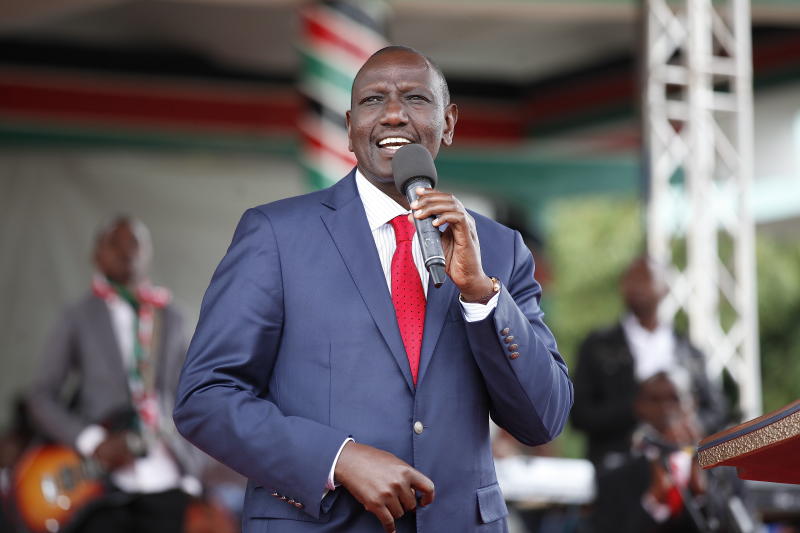×
The Standard e-Paper
Smart Minds Choose Us

The just released Building Bridges Initiative (BBI) task force report has opened a new battlefront for politicians who are now sharply divided on what route the document should take.
Yesterday, Deputy President William Ruto said he welcomed the proposal for a referendum, but cautioned that such a move would be best done after a consensus is arrived at to avoid dividing the country.